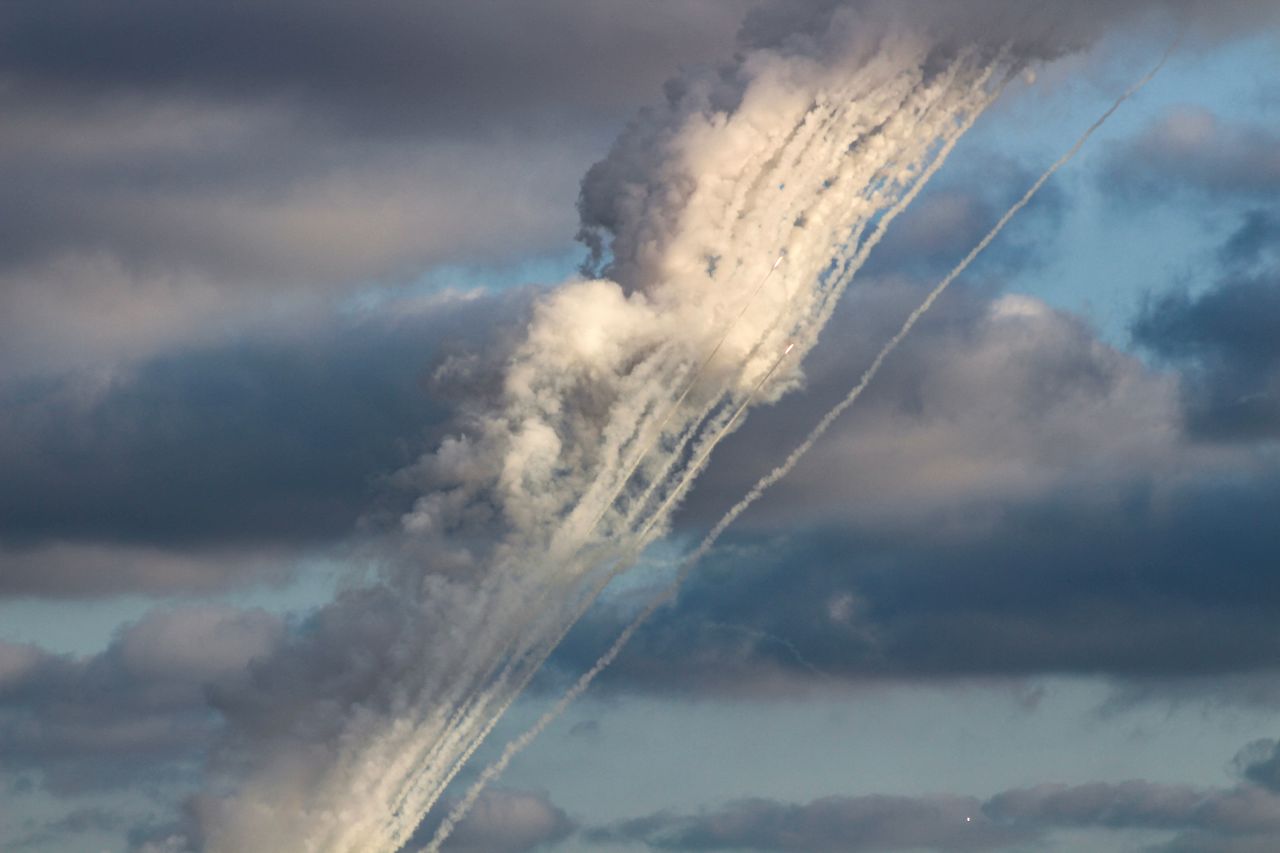What we covered
• Gaza: At least 22 people have been killed by Israeli bombardment in northern Gaza, emergency responders said. It comes as Israel is intensifying its military operations in the area, issuing evacuation orders and blocking food supplies. A UN inquiry has accused Israel of war crimes during its year-long war against Hamas in Gaza, with Palestinians living in desperate conditions.
• Lebanon: The Israeli military said Hezbollah fired over 300 projectiles into Israel from Lebanon on Saturday. Meanwhile, Israel expanded evacuation warnings to over a dozen more villages in southern Lebanon — placing a quarter of Lebanese territory under evacuation orders. Lebanon’s prime minister made another push for a ceasefire on Saturday.
• Iran: The country has informed the United States that it will retaliate against any new attack by Israel, a source in Tehran told CNN on Saturday. Iran’s government has also been engaging in urgent diplomatic efforts with countries in the Middle East to gauge whether it can reduce the scale of Israel’s response to its missile attack earlier this month, and — if that fails — help protect the capital, sources say.

























